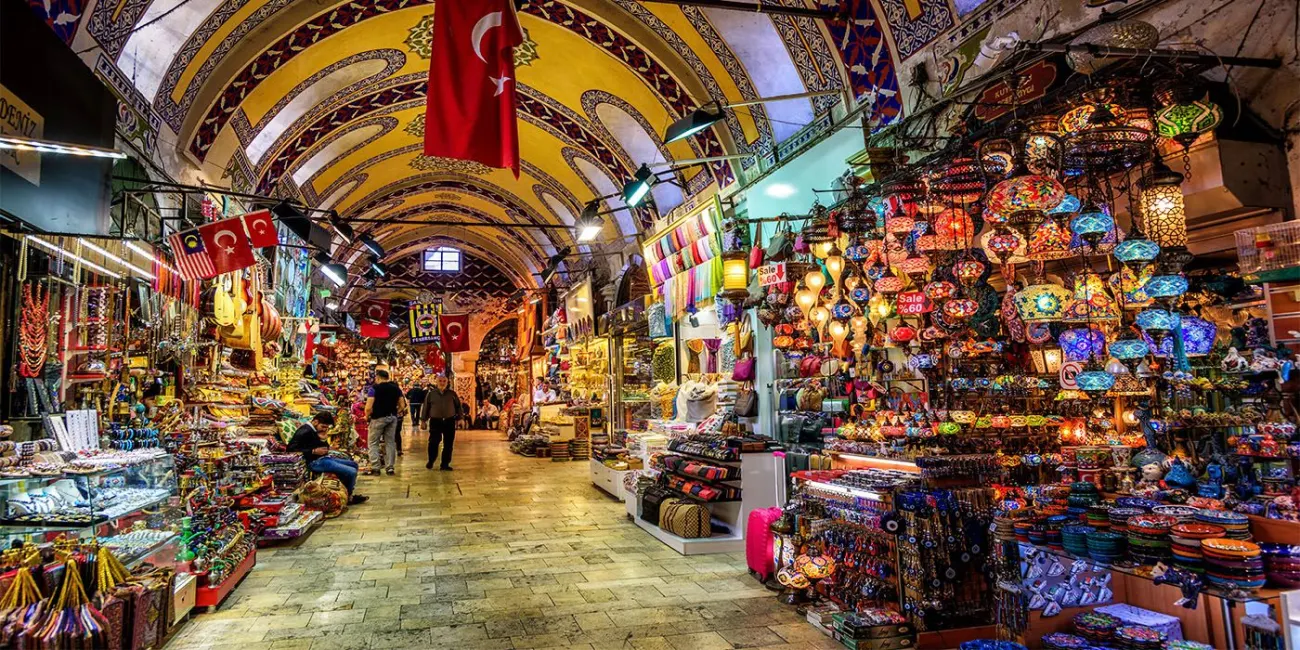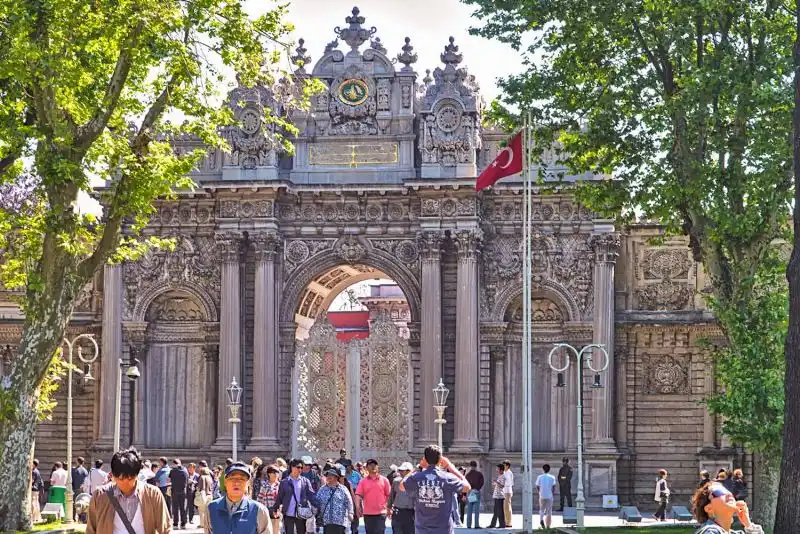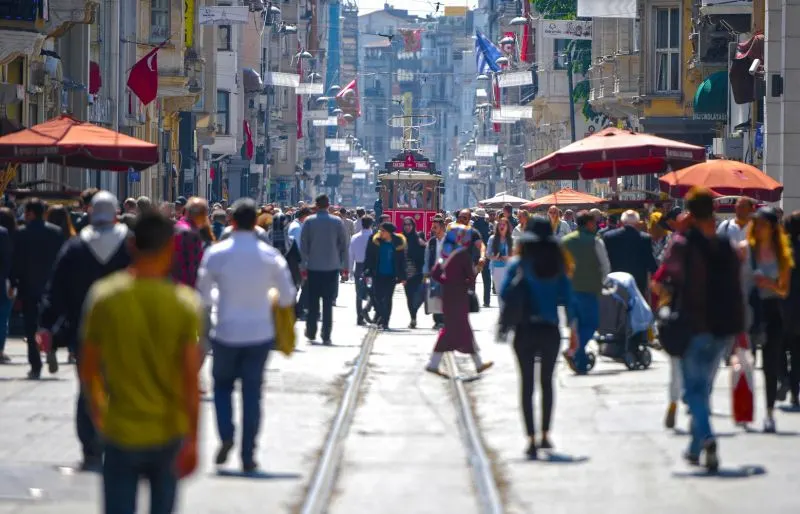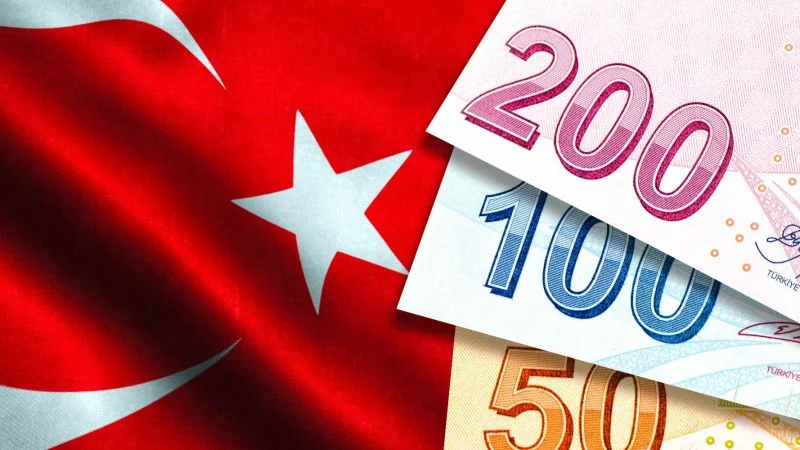All About Turkey
Situated on the border between Europe and Asia, Turkey is one of the historically and culturally richest nations in the world. Read more!

Situated on the border between Europe and Asia, Turkey is one of the historically and culturally richest nations in the world. Due to its transcontinental location between the East and the West, Turkey has long been characterized as a cultural mecca and the Turkish city Istanbul has served as the seat of two of history’s most powerful and longest-lasting empires, the Byzantine and Ottoman empires.
Modern-day Turkey finds its origins in wandering nomad tribes that settled the region during the 11th century. These groups conquered the neighboring Mediterranean region and spread Islam to Southern Europe, giving birth to the Seljuk and later Ottoman empires. The modern-day secular nation of Turkey formed in 1918, after the fall of the Ottoman empire.
Plan Your Fabulous Turkey Travel Package!
Culture
Turkey’s history as a crossroads between East and West has shaped it into a culturally diverse nation, blending Greco-Roman, Anatolian, Turkic, and European traditions. These rich influences were unified under the multi-ethnic and multi-cultural Ottoman Empire, which left a lasting legacy on the country’s heritage. Today, Turkey’s unique mix of traditions is reflected in its architecture, cuisine, art, and daily life, offering a fascinating glimpse into its vibrant past. This diverse cultural tapestry makes Turkey a captivating destination, where ancient history and modernity coexist harmoniously, creating a truly unique and enriching experience for visitors.
Turkish culture has gone under profound changes in the past century. What used to be a religious absolute monarchy has seen a radical shift to a secular Westernized political organization. Much of these changes were enacted under the leadership of Mustafa Kemal Atatürk, the first president of the modern Republic of Turkey.
As such, Turkey’s culture is a multi-faceted milieu of Western and Eastern literary, architectural, culinary, and cinematic cultural capital. Poetry is the most dominant form of literature in modern Turkey and Turkish verse contains classical elements along with those derived from both secular and Islamic poetic traditions.
Turkish architecture has long captivated the world, producing some of the world’s greatest architectural marvels, such as the Hagia Sophia, the Blue Mosque, and the Selimiye Mosque. These structures reflect the rich history and cultural fusion that define Turkey. In addition to its architectural heritage, modern Turkey boasts a thriving film industry, with many Turkish directors earning accolades at major international film festivals. Cinema holds a significant place in Turkish culture, enjoyed by the majority of the population. Turkey is home to one of the world’s largest film industries, standing alongside giants like Hollywood and Bollywood. This vibrant blend of historical grandeur and contemporary creativity makes Turkey a unique and dynamic cultural hub, where tradition and modernity coexist harmoniously, offering endless inspiration and fascination for visitors and enthusiasts alike.

Customize Your Dream Vacation!
Get in touch with our local experts for an unforgettable journey.
Plan Your TripPopulation
As of 2018, Turkey’s population was estimated at just over 82 million. Reliable data on the ethnic makeup is unavailable, as the Turkish government does not record ethnic data in its census. However, it is known that the majority are ethnic Turks, with Arabs and Kurds forming the two largest minority groups. Istanbul, the largest city in Turkey, is home to around 14 million people, while the capital, Ankara, has a population of over 5 million. Most of Turkey’s population is concentrated in urban areas and along the coast, reflecting the country’s rapid urbanization and the appeal of its coastal regions. This demographic distribution highlights Turkey’s blend of cultural diversity and modern development, with bustling cities and vibrant communities shaping its dynamic identity.
Currency
The official currency of Turkey is the Turkish lira. In the 1990s, it was the world’s least valuable currency. In 2005, a new version of the lira was introduced following redenomination laws to address inflation. Turkey has a moderately strong economy, ranking 17th globally by GDP. It is a leading producer of textiles, motor vehicles, construction equipment, and consumer electronics. However, since 2018, Turkey has faced a currency crisis, largely driven by increasing authoritarianism and irresponsible fiscal policies. Despite these challenges, Turkey remains a significant economic player, with its industrial and manufacturing sectors contributing to its global standing. The country’s economic situation reflects both its potential and the complexities of its current financial struggles, making it a key focus for discussions on economic stability and growth.
Language
Step into the linguistic tapestry of Turkey, where ancient tongues dance with modern dialects, painting a vibrant picture of the nation's rich cultural heritage. Turkish, the official language, flows from the lips of the majority, its melodic tones echoing through bustling bazaars and tranquil tea gardens alike. But listen closely, and you'll hear the whispers of diversity – the lilting Kurmanji, a Kurdish dialect, spoken by a tenth of the population, while Arabic and Zaza add their unique flavors to this linguistic feast.
Turkey's written word has its fascinating tale to tell. Once adorned in the elegant curves of Arabic script, it underwent a revolutionary transformation under Atatürk's visionary reforms. Today, the Latin alphabet dances across pages and screens, while in some corners of this vast land, Cyrillic letters still weave their mysterious charm.

Clothing
Step into the vibrant bazaar of Turkish fashion history, where the whispers of silk and linen tell tales of East meeting West. Imagine Turkey as a grand emporium, its strategic location making it a treasure trove of Eastern fabrics that set Western hearts aflutter. For centuries, the streets of Turkey were a living canvas, painted with the rich hues and intricate patterns of traditional attire.
But as the 20th century dawned, Atatürk's reforms ushered in a sartorial revolution. Like a butterfly emerging from its chrysalis, Turkey's fashion scene transformed. The gentle rustle of Western influence grew louder, and soon, the landscape bloomed with a new, secular style – a fascinating fusion where tradition danced with modernity, creating a uniquely Turkish fashion tapestry.
Cuisine: A Feast for the Senses
Turkish cuisine is renowned worldwide for its rich flavors, diverse ingredients, and centuries-old traditions. From succulent kebabs and savory mezes to sweet delights like baklava and Turkish delight, the food in Turkey is a culinary adventure. Don’t miss trying iconic dishes such as mantı (Turkish dumplings), lahmacun (Turkish pizza), and menemen (a flavorful egg and vegetable dish). Turkish tea and coffee are also integral to the culture, often enjoyed during social gatherings. Whether you’re dining at a fine restaurant or grabbing a simit (sesame-crusted bread) from a street vendor, the food in Turkey is sure to leave a lasting impression.
Festivals and Traditions
Turkey’s vibrant festivals and traditions offer a glimpse into its rich cultural tapestry. The annual Whirling Dervishes Festival in Konya celebrates the mystical Sufi tradition of Mevlana, while the International Istanbul Film Festival attracts cinephiles from around the world. Traditional events like oil wrestling in Edirne and camel wrestling in the Aegean region showcase unique aspects of Turkish heritage. Seasonal celebrations, such as Ramadan and Eid, are marked by communal feasts and lively bazaars. Attending these festivals and experiencing local customs is a wonderful way to connect with Turkey’s culture and people.

FAQs
Q1: Do I need a visa to visit Turkey?
Most travelers require a visa to enter Turkey, but the process is straightforward. Many nationalities can apply for an e-Visa online before arrival. Check the official Turkish e-Visa website or consult your local embassy for specific requirements.
Q2. What is the best time to visit Turkey?
The best time to visit Turkey depends on your destination and activities. Spring (April to June) and autumn (September to October) are ideal for most regions, offering pleasant weather for sightseeing and outdoor activities. Summer is perfect for coastal areas, while winter is great for skiing in places like Uludağ or exploring Cappadocia’s snowy landscapes.
Q3. What currency is used in Turkey?
The official currency is the Turkish Lira (TRY). While credit cards are widely accepted in cities, it’s a good idea to carry cash for smaller towns, markets, and rural areas.
Q4. Is Turkey safe for tourists?
Turkey is generally safe for tourists, with millions visiting each year without issues. However, it’s always wise to stay informed about local conditions, avoid political gatherings, and follow standard travel safety precautions.
Q5. What should I wear in Turkey?
Turkey is a secular country, but it’s respectful to dress modestly, especially when visiting mosques or rural areas. In cities like Istanbul and coastal resorts, casual Western clothing is widely accepted. Don’t forget comfortable shoes for exploring historical sites!
Q6. What is Turkish cuisine like?
Turkish cuisine is diverse and flavorful, featuring dishes like kebabs, mezes, baklava, and Turkish delight. Don’t miss trying local specialties such as lahmacun, mantı, and menemen. Turkish tea and coffee are also cultural staples.
Q7. How do I get around Turkey?
Turkey has an extensive and efficient transportation network. Domestic flights connect major cities, while buses are a popular and affordable option for longer distances. In cities, public transport like metros, trams, and ferries (in Istanbul) are convenient. Renting a car is a great option for exploring rural areas.
Q8. What are some cultural etiquette tips for visiting Turkey?
When visiting mosques, remove your shoes and dress modestly (women should cover their heads with a scarf). It’s polite to greet locals with a smile and a simple “Merhaba” (hello). Tipping is appreciated in restaurants (5-10%) and for services like guided tours.
Q9. What is the time zone in Turkey?
Turkey operates on Turkey Time (TRT), which is 3 hours ahead of Coordinated Universal Time (UTC+3). Daylight saving time is not observed.
Q10. Are credit cards widely accepted in Turkey?
Yes, credit cards (Visa, MasterCard) are widely accepted in cities and tourist areas. However, it’s a good idea to carry some cash for smaller shops, markets, and rural areas.
Q11. Can I use my mobile phone in Turkey?
Most international mobile phones work in Turkey, but check with your provider about roaming charges. Alternatively, you can purchase a local SIM card for affordable data and calls during your stay.
Q12. What are the must-visit places in Turkey?
Turkey is full of incredible destinations. Some must-visit places include:
Istanbul: Hagia Sophia, Blue Mosque, and Grand Bazaar.
Cappadocia: Hot air balloon rides and fairy chimneys.
Pamukkale: Travertine terraces and ancient Hierapolis.
Ephesus: Well-preserved ancient Roman ruins.
Antalya: Stunning Mediterranean beaches and resorts.














